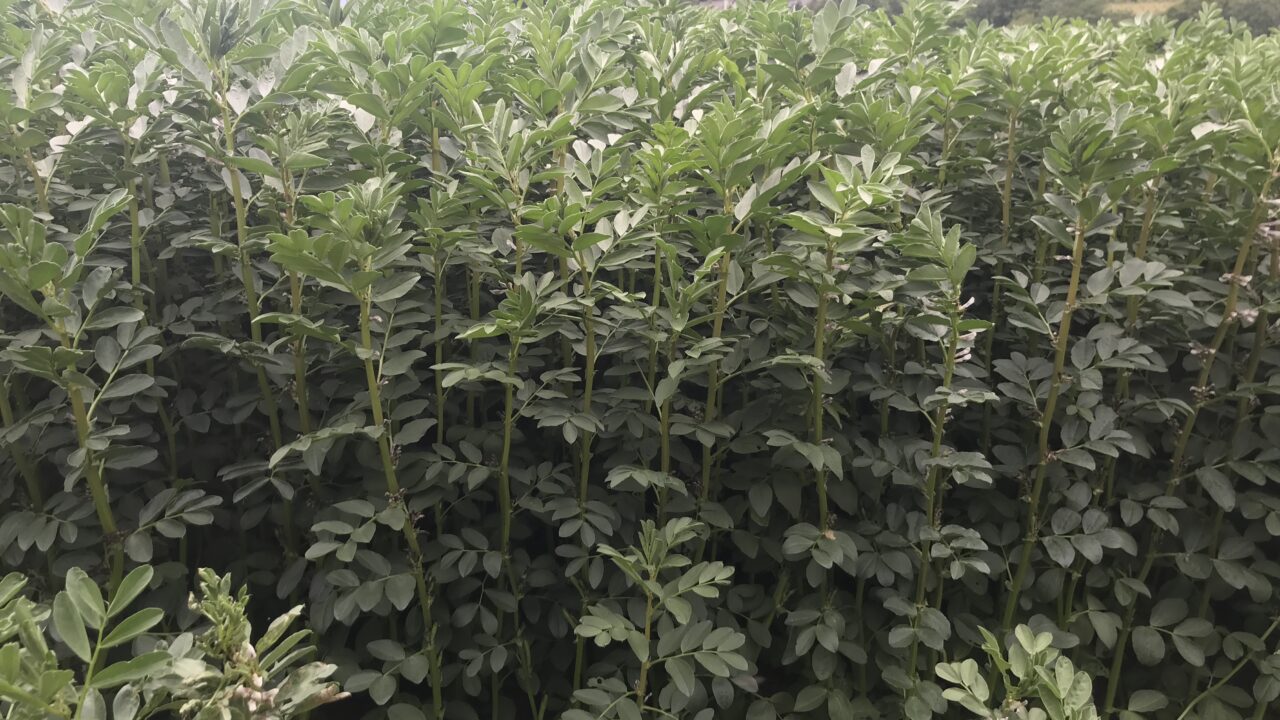It’s sometimes easy for any farmer to overlook very basic facts, one being that peas and beans are legumes.
The relevance of this last statement is brought into sharp focus given the prospect of many Irish tillage farmers looking towards the opportunity of sowing out crops other than spring barley over the coming weeks.
Potassium is an essential nutrient for all crops. It is an activator for many enzymes, especially those involved in protein synthesis and has an important role in maintaining water balance in the plant.
However, in legumes, potassium is necessary for the proper development and functioning of root nodules.
In legumes, rhizobia bacteria in the nodules fix atmospheric nitrogen and make it available to the plant. Nitrogen fixation can be affected by potassium deficiency, as the number and size of nodules/plant is reduced, as is the nodule nitrogen production.
As a result, plants will suffer a nitrogen shortage and yield will be reduced.
The Potash Development Association (PDA) has recently highlighted the results of a UK trial, comparing the impact of potassium fertiliser on wheat and field beans.
The experiments were carried out on a sandy clay loam soil at two levels of soil potassium with the work examining the response of both crops to the differing fertiliser application levels.
Wheat yields were not affected by the level of soil potassium in the trial and gave no response to added fertiliser.
Beans, however, yielded much less on the lower potassium soil despite a large yield increase from the addition of fertiliser potash.
Sulphur is also an essential nutrient as it is a constituent element of some amino acids.
Sulphur deficiency decreases plant growth, photosynthesis and seed yield in all plants, including legumes.
In nodulated legumes, sulphur supply is positively linked to nitrogen fixation and sulphur deficiency results in a decrease in nodulation, inhibition of nitrogen fixation and slowing down of nodule metabolism.
There is no doubt that legumes, including peas and beans, require little or no applied nitrogen to achieve optimal yields.
However, growers must take full account of the other essential nutrients these crops require, if they are to maximise the margins generated by these crops in 2022.
